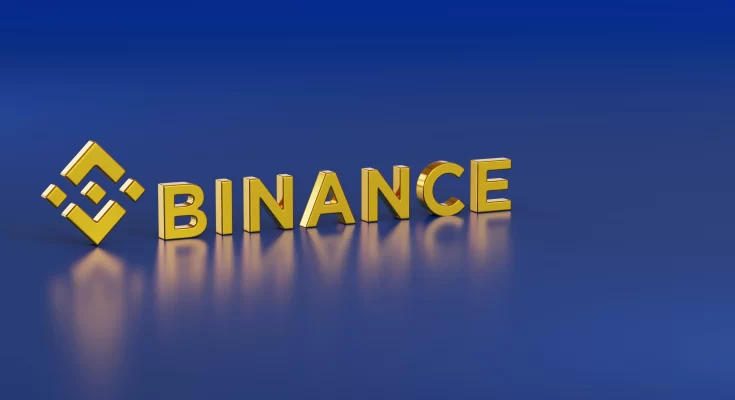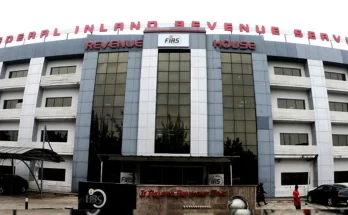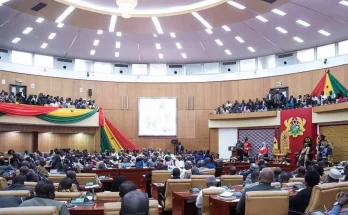The Federal Inland Revenue Service (FIRS) has commenced the trial of cryptocurrency exchange platform Binance over alleged tax evasion in Nigeria.
Court Proceedings Begin
On Monday, February 17th, 2025 FIRS presented its first witness, Mbami Shomgwan, a manager in the TaxPromax Technology Department, before Justice Emeka Nwite at the Federal High Court in Abuja.
FIRS claims Binance failed to collect and remit essential taxes, including Value Added Tax (VAT) and Company Income Tax (CIT), as required under the FIRS Establishment Act 2007 (as amended).
The tax authority argues that Binance facilitated cryptocurrency transactions in Nigeria without adhering to tax regulations.
The case gained traction after FIRS amended its lawsuit on May 17, 2024, reinforcing its claims that Binance did not fulfill its tax obligations despite operating within the Nigerian economy.
Nigeria to Leverage Tax Incentives for $257 Billion Gas Reserves
Automated Tax System & Compliance
During Monday’s proceedings, Shomgwan explained how the FIRS’s automated tax system, TaxPromax, manages taxpayer registration, tax collection, and financial reporting.
“For a company to meet its tax obligations in Nigeria, it must be registered on the system. This ensures compliance and transparency in tax filings,” he stated.
He further noted that TaxPromax has been operational since June 7, 2021, allowing taxpayers—both local and foreign—to fulfill their tax responsibilities remotely.
Binance’s Legal Position
Binance’s legal representatives have denied the tax evasion allegations, maintaining that the company does not have a “significant economic presence” in Nigeria, which would necessitate tax registration.
Under cross-examination, Binance’s lawyer, Chukwuka Ikwuazom (SAN), questioned whether companies without a tax liability are obligated to register.
Shomgwan clarified that while all Nigerian companies must register for tax purposes, foreign companies are only required to do so if they have significant economic activity in the country.
Following the testimony, the court adjourned the case to April 11, 2025.
What You Need to Know About How it Started
Binance has been under intense scrutiny from Nigerian authorities for its alleged role in influencing foreign exchange rates and engaging in financial misconduct.
The Nigerian government claimed that Binance processed transactions worth over $20 billion in 2023 alone. This led to the detention of two senior Binance executives on February 28, 2024.
While one executive, Nadeem Anjarwalla, later escaped custody, the other, Tigran Gambaryan, was released after diplomatic interventions.
Beyond the FIRS lawsuit, the Economic and Financial Crimes Commission (EFCC) has also taken legal action against Binance, citing tax evasion, money laundering, and foreign exchange violations.
With the next court date set for April 2025, Nigeria’s crackdown on cryptocurrency regulation continues, signaling stricter enforcement of tax laws in the digital economy.




